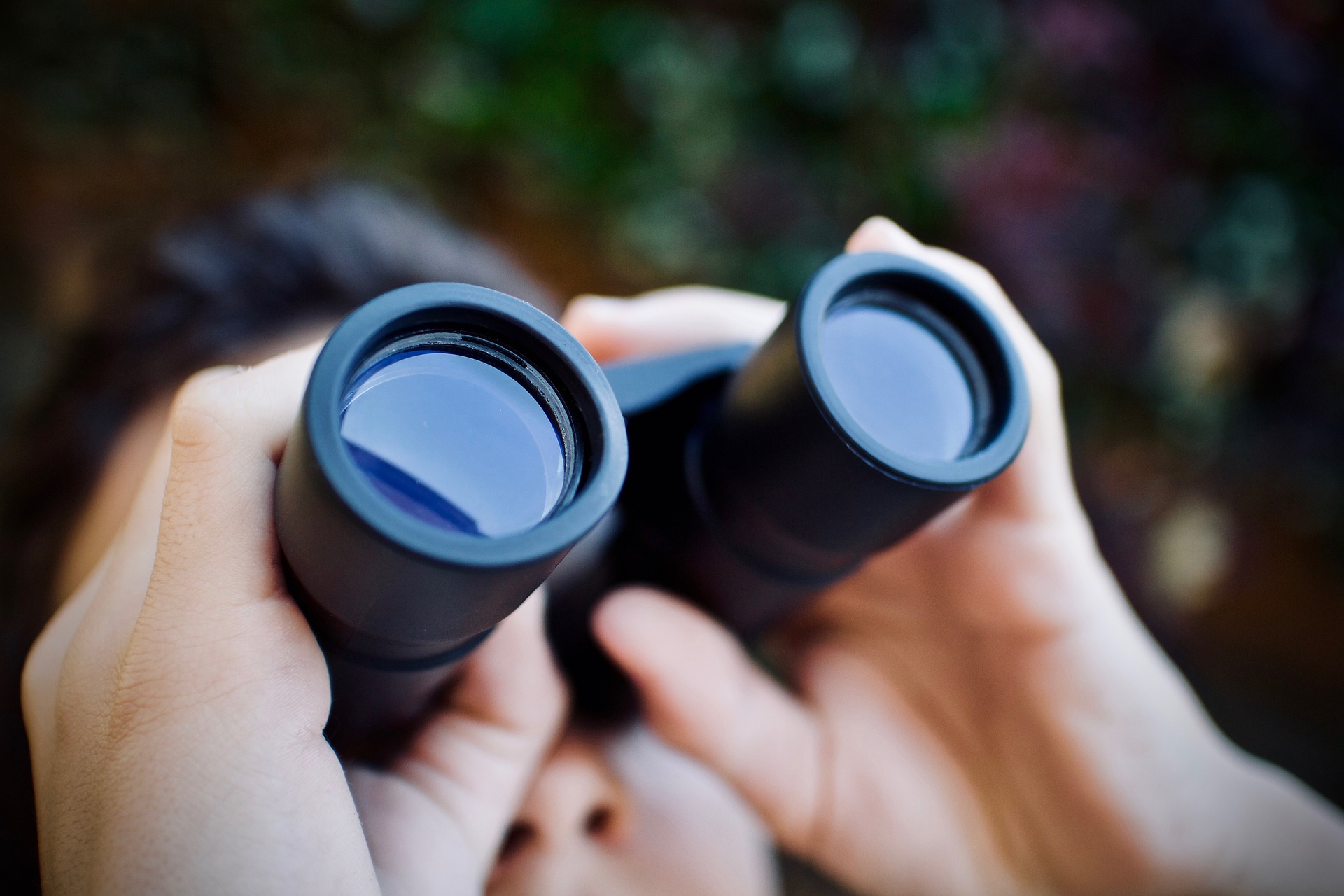The government has announced it will introduce a natural history GCSE to the school curriculum as part of its new strategy for improving environmental education.
Due to be launched in September 2025, the qualification will aim to educate students in environmental and sustainability issues alongside developing skills in conservation through fieldwork.
Environmentalist Mary Colwell, who spearheaded the campaign to introduce the GCSE, said she was “delighted” it had been given the go-ahead, with hopes it would give young people “the skills they need to contribute to a green future”.
The announcement comes as part of the government’s new Sustainability and Climate Change strategy outlining how environmental and climate education will be improved in schools.
The strategy outlines how the Department of Education (DoE) will help young people develop “excellent knowledge” of science, technology, engineering, and mathematics (STEM) and practical opportunities for improving biodiversity and climate resilience to prepare them for the future. It includes further plans to:
- Accelerate the rollout of carbon literacy training to support at least one sustainability lead in every locally maintained nursery, school, college and university.
- Pledge greater support for teaching climate change at all levels with new requirements for further education teachers to build sustainability into their teaching by 2023.
- Accelerate the rollout of ultra-low carbon education buildings.
- Introduce “National Education Nature Park” measures to increase biodiversity on school and nursery grounds.
- Introduce a new “Climate Award” in recognition of children and young people’s work to improve their environment, with a prestigious national awards ceremony held every year.
Children’s access to nature has declined over the past few decades, with children from ethnic minority backgrounds and poorer families worst-affected.









